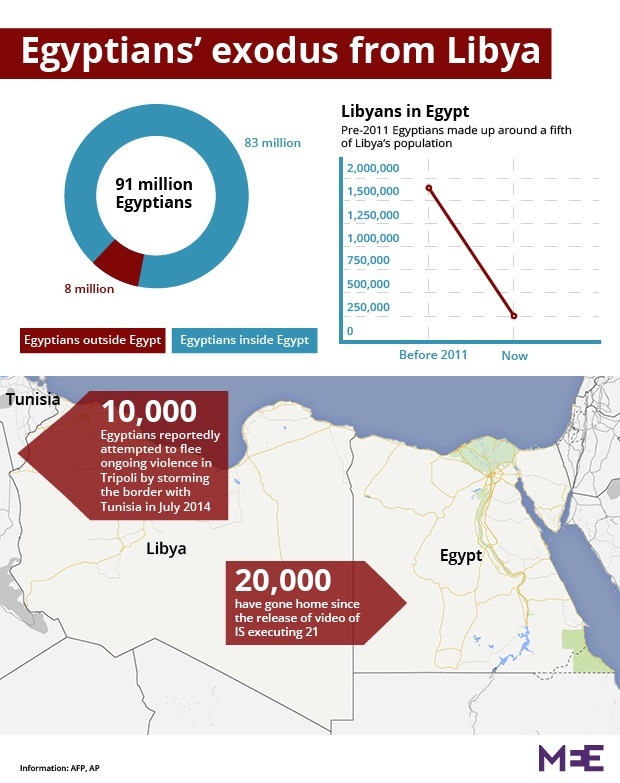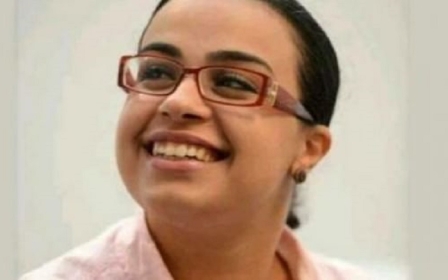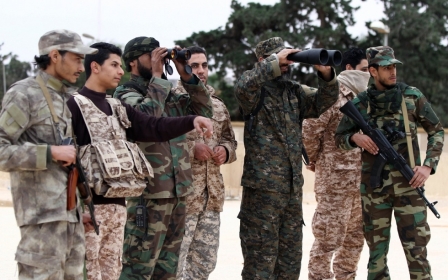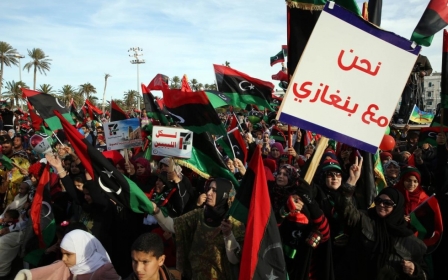UN scrambles to bring Libyans back to negotiating table
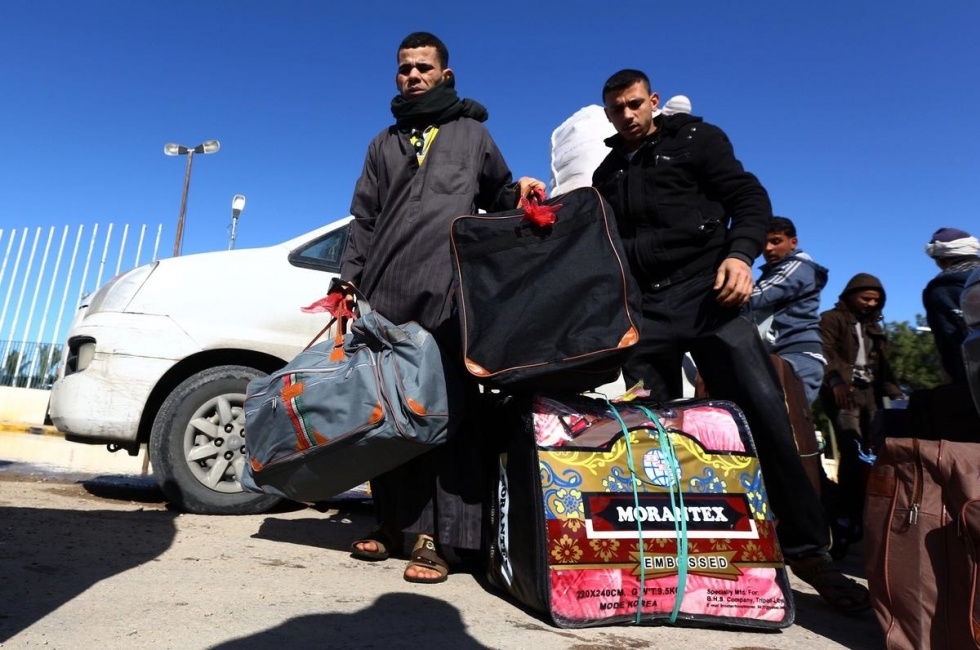
The UN mission in Libya on Wednesday held urgent talks with rival factions in a last-ditch attempt to ease tensions after the Tobruk-based House of Representatives, one of Libya’s warring parliaments, said that it would end participation.
The United Nations Support Mission in Libya (UNSMIL) said that it was urging "all parties not to allow this window of opportunity to slip away," while calling on them to "renew their commitment to a peaceful resolution of the Libyan crisis."
UNSMIL said in a statement that it was "undertaking a series of urgent consultations with the parties to ensure the convening of the next round of talks soon."
Other priorities at the latest UN talks aimed at restarting the negotiating process included "combating terrorism," which threatened the political process and the "security and stability of the country and the region," the UN said.
The UN-scheduled meetings came two days after the HoR said that it would no longer participate in the fraught talks, which have long struggled to bring all sides to the negotiating table but were due to resume in Morocco on Tuesday.
No official reason was given for the suspension, but the HoR said it made the decision after an attack, claimed by the Islamic State group, killed 40 people in the HoR-controlled east.
IS said that the attack was carried out in retaliation for a round of Egyptian airstrikes that took aim at IS positions in Libya earlier this month after IS posted a video showing its fighters executing 21 Egyptian Christians on what appeared to be a Libyan beach. The HoR came out in support of the Egyptian-led strikes, but Tripoli’s GNC opposed it.
The attack has sparked an exodus of Egyptian migrant workers from Libya, with reports indicating that more than 20,000 have returned to Egypt since the video first appeared last Monday. Egypt's ambassador in Libya, Mohamed Abu Bakr, has said that his country is cooperating with local authorities in Libya to coordinate the evacuation of Egyptian nationals to Egypt.
IS has been gaining ground in Libya in recent months and has also been linked to attacks in western Libya, which is controlled by the rival Tripoli-based parliament. Despite this, Tobruk has continued to accuse Tripoli of colluding with “extremists” groups and fuelling the rise of IS.
Libya is awash with weapons, and opposing militias are battling for control of its cities and oil wealth.
It has two rival governments and parliaments, those recognised by the international community sitting in the far east of the country and the others with ties to Islamists in the capital, Tripoli.
Since launching efforts at dialogue in September, UN envoy Bernardino Leon has been unable to bring together leading players from the rival camps. However, in a circular issued by UN Secretary General Ban Ki-Moon on Tuesday, the UN chief said that due to the deteriorating security situation, the UN presence in the country should be reduced “substantially”, possibly down to just a core team of 15 to 20.
While the HoR and Egypt last week pushed for greater Western support and possibly even military intervention, the majority of the international community has for now said that it would prefer to see a political solution to the crisis.
But Libya's Tobruk-based Foreign Minister Mohamed Dayri warned that without Western intervention, the country could soon become another Syria.
"Time is running out," Dayri told AFP in an interview on Tuesday. "Terrorism amounts to a danger not just for Libya and its neighbours. It is an intensifying threat to Europe.
"Without a political solution, the country could get trapped in a full-blown civil war like in Syria," he said.
Middle East Eye propose une couverture et une analyse indépendantes et incomparables du Moyen-Orient, de l’Afrique du Nord et d’autres régions du monde. Pour en savoir plus sur la reprise de ce contenu et les frais qui s’appliquent, veuillez remplir ce formulaire [en anglais]. Pour en savoir plus sur MEE, cliquez ici [en anglais].


